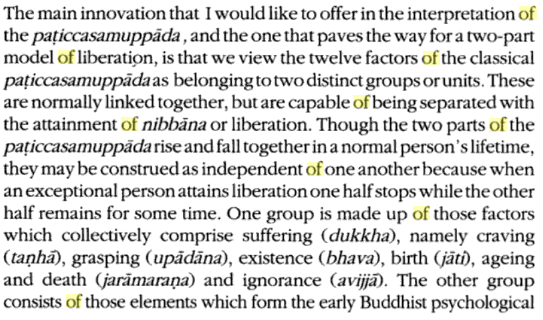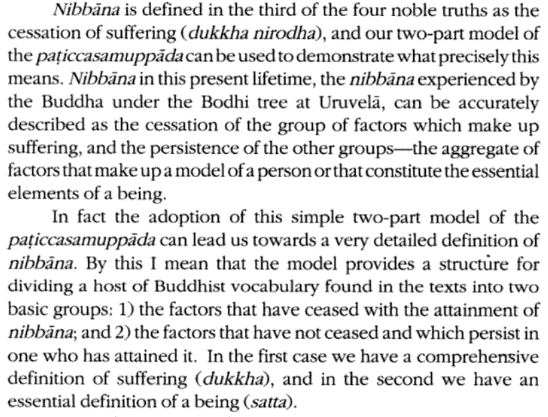The Buddha always said killing, no matter the circumstance, is always unskillful & leads to negative Rebirths.
In no recorded instance did he approve of killing any living being at all. When one of his monks went to an executioner and told the man to kill his victims compassionately, with one blow, rather than torturing them, the Buddha expelled the monk from the Sangha, on the grounds that even the recommendation to kill compassionately is still a recommendation to kill — something he would never condone. If a monk was physically attacked, the Buddha allowed him to strike back in self-defense, but never with the intention to kill. As he told the monks,
"Even if bandits were to carve you up savagely, limb by limb, with a two-handled saw, he among you who let his heart get angered even at that would not be doing my bidding. Even then you should train yourselves: 'Our minds will be unaffected and we will say no evil words. We will remain sympathetic, with a mind of good will, and with no inner hate. We will keep pervading these people with an awareness imbued with good will and, beginning with them, we will keep pervading the all-encompassing world with an awareness imbued with good will — abundant, expansive, immeasurable, free from hostility, free from ill will.' That's how you should train yourselves."
— MN 21 http://zugangzureinsicht.org/html/lib/authors/thanissaro/gettingmessage_en.html
Three questions:
- What determines an animal's sentience?
- If killing is never allowed, how would one deal with a parasite infesting their body, or any other animal as so?
- Would not killing the parasite mean it is self-mortification, & thus an extreme, breaking the Middle Way (as it can hinder the practice of the Dhamma too)?
Please help! Metta to all!


